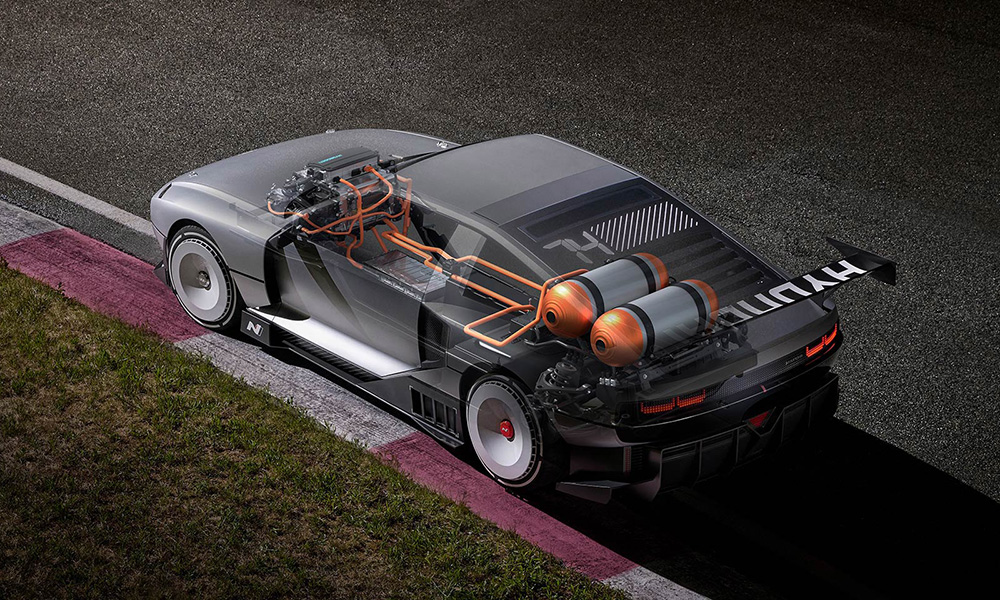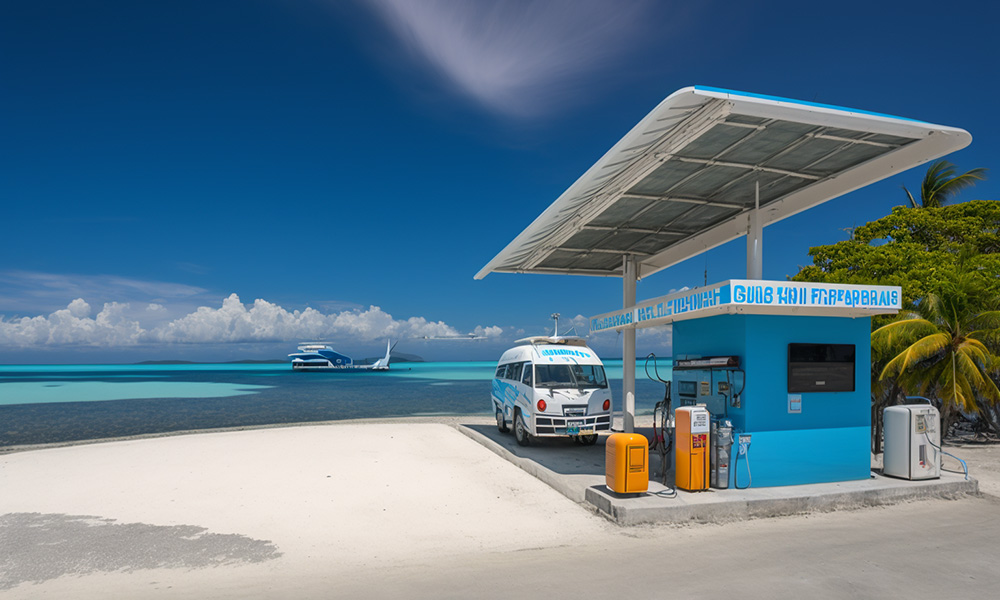
Hydrogen has long been touted as a promising fuel for more environment-friendly motoring. Cars that can use it exist already and range from normal vehicles that have simply been converted, to ingenious all-encompassing mobility concepts like the Riversimple Rasa.
So far, however, a lot of energy has always been required for the production of hydrogen, which makes it almost impossible to produce it in a climate-neutral manner with solar power or wind energy. Good thing a team of scientists from China, Australia, and the US is said to have now succeeded in using salt water to produce hydrogen in a climate-neutral way using a new process.

According to a newly published research, the scientists managed to produce hydrogen from seawater. While it was possible to do this before, seawater usually required extensive pre-treatment due to its high salt content, which in turn made cost-effective production almost impossible.
The new method does away with all that. In theory, it opens a path to cheap and abundant hydrogen that could be produced locally and by using renewable energies such as wind or solar power. In order to use untreated seawater for this process, boffins used a Lewis acid layer on transition metal oxide catalysts to dynamically split water molecules and capture hydroxyl anions.
You don’t have to know what all that means to realize that this research could have a massive impact on the way we drive around. In a nutshell, the researchers managed to use a non-precious and cheap catalyst in a commercial electrolyzer. Electrolysis is the process of using electricity to split water into hydrogen and oxygen, and the electrolyzer is where this reaction takes place.
At the moment, this can be done using electricity from fossil fuels or renewable energy sources, but both systems need fresh water to function. Discovering a way to facilitate electrolysis with seawater could make the future of green hydrogen fuel production a lot more sustainable.

The researchers state that the system is incredibly efficient, and that they are now working on making it more stable to enable large-scale use. What could this mean for us motorists? How about this: Instead of pulling up at a conventional gas station, in the future, you can stop by a solar-powered hydrogen fuel station right by the sea. There, you’ll be able to fill up your fuel cell-powered car with not only green but also very affordable hydrogen.
Thanks to the abundance of sunshine and seawater around the Philippines, a whole network of stations could be built that would have the potential to replace traditional gas stations. The result would be super clean cars juiced by super clean and super cheap fuel made right there and then. What’s not to love about that?











Comments